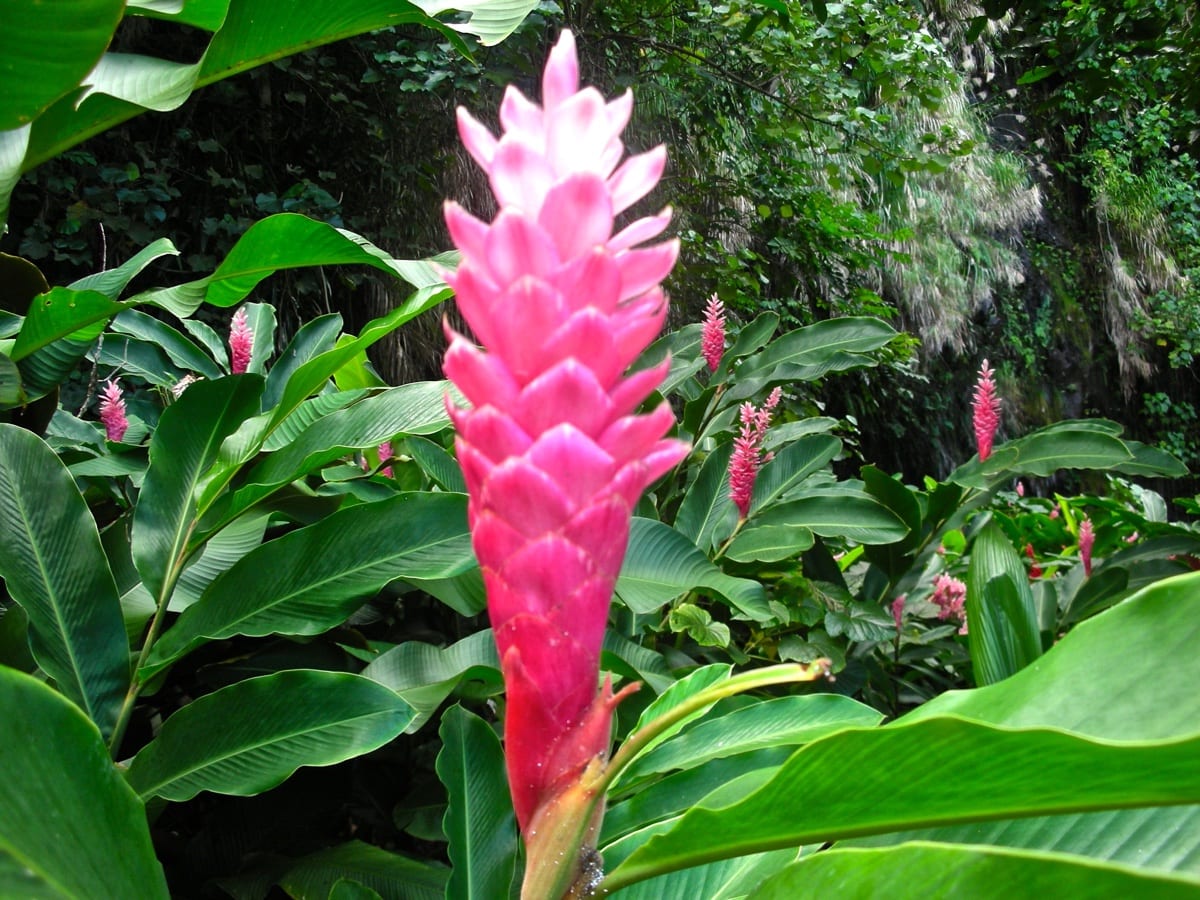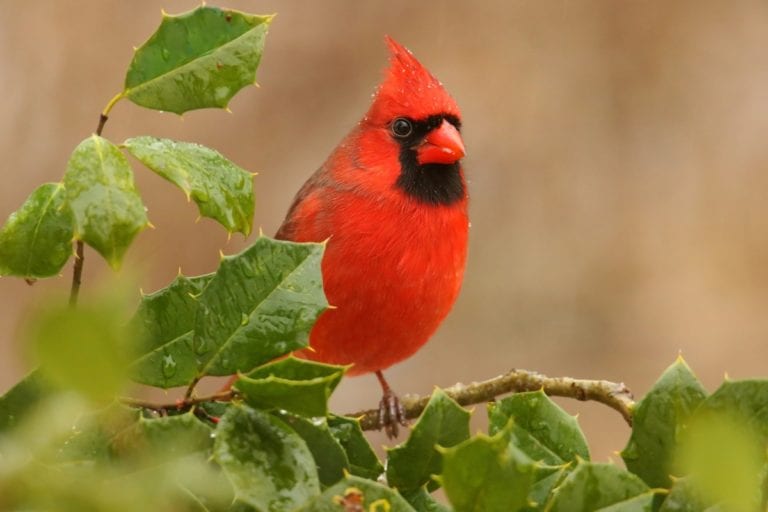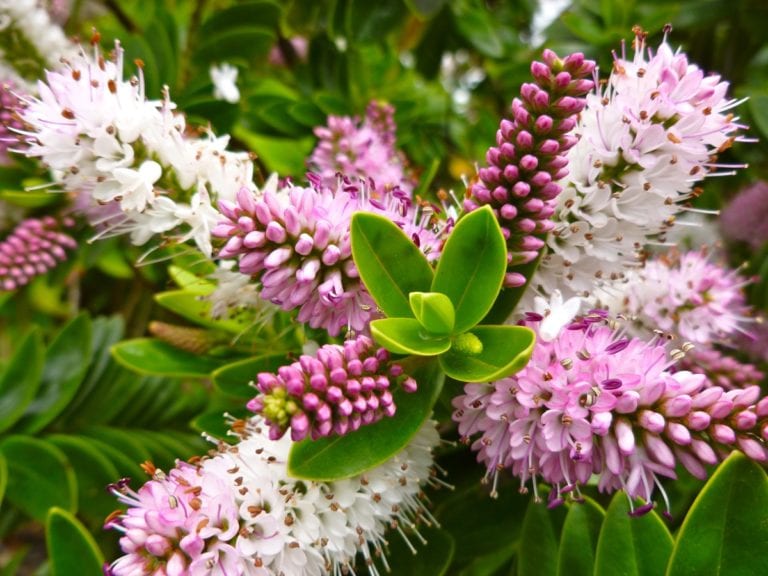677th Week: Nurturing Mutual Empowerment
In my years of teaching about trauma resolution, I’ve drawn on something one of my dear friends and teachers, Diane Heller, taught me many years ago. It was the distinction between a power model that encompasses only two options—power over or overpowered—and a mutual empowerment model that says one person’s power in no way diminishes the power of anyone else. Since learning about this, I have done my best to interact with others from a mutual empowerment model.
I’ve also spent many years helping psychotherapy clients notice how comparing themselves to others almost always leads to suffering, as does the habit of taking things personally.
These particular ways of interpreting what’s happening tend to focus us on a “power over” orientation, where someone is diminished as someone else is elevated because they are “right” or have more power. These painful dynamics come to mind as I write about mutual empowerment, as these two ways of perceiving the world make it much more challenging for us if we want to wish others well.
For this week’s practice, I invite you to explore your relationship with the concept and dynamics of mutual empowerment. Within this context, there is an implicit invitation to honor and support the empowerment of others because their accomplishments, the admiration, praise, and popularity they generate or receive in no way detracts from you or anyone else.
I remember a time, many, many years ago now, when I was just getting ready to publish my first book, Recreating Your Self. It emerged from my experience as a hypnotherapist, as that was my orientation to working with trauma in those days. At a conference, I sat in a workshop given by a colleague of mine and experienced her offering what was essentially the contents of my new book. In the service of mutual empowerment, I found myself calling on something my grandmother taught me when I was very young—that there is a “raincloud of knowable things” that rains down on everyone in every moment. Because of this “raincloud”, certain ideas find a home in the minds and creative processes of many people all at the same time, so it isn’t unusual to see an “idea whose time has come” seem to pop up in different places in the world at a similar time.
The great gift this colleague gave to me when I told her that I was concerned that her workshop was so similar to my book (she had already published books in our mutual field) was how she looked at me and said, “No problem. You write the book and I’ll make a quilt.” And that’s exactly what she did—an act of generosity, kindness, and mutual empowerment that I have never forgotten.
We each continued our careers without either of us taking away anything from the other. I have had other experiences of colleagues and friends who have modeled shared power and mutual empowerment dynamics for me over many years now and it is always a great gift to me when I’m able to pass on that stance to friends, colleagues, and clients.
For this week’s practice, I invite you to more deeply explore the power dynamics that shape and interpret your everyday experience. You might notice that engaging in “power over” dynamics has a tendency to generate stress and conflict at times, and can detract from a sense of well-being and ease. If you are an American, the culture often seems to run on “power over” dynamics, as in “who’s going to win this time?” Because of this, it’s often important to bring a good bit of mindful awareness to the automatic responses you may notice when you find yourself engaged in situations where you have the option to choose between “power over” and “mutual empowerment” dynamics.
If you find that you automatically orient more toward “power over” dynamics and interpretations of your interactions with others, notice what happens if you at least try on a mutual empowerment perspective at the same time. For example, if you feel diminished by someone’s success, notice what changes for you if you play with the idea that what they achieve doesn’t take away from what you do. If you’re involved in a competition that you’ve both chosen to enter and they win that particular event, notice what it’s like to use your loss as a learning, rather than as evidence that you are somehow less than the other person, or you are somehow disempowered by their win and your loss.
As with all these practices, allow curiosity to guide your explorations, as there’s no right answer. There’s just this one more opportunity to become aware of how you move through your world and how your thoughts, feelings, and actions play a major role in the quality of your inner world. Tracking your judgments can be enlightening with this kind of practice, as your judgments may allow you to see more clearly the beliefs you carry about power dynamics in your world. The beauty of becoming consciously aware of the contents of our consciousness is that the awareness offers moments of choice, and the choices we make moment to moment powerfully affect the quality of our internal experience.




